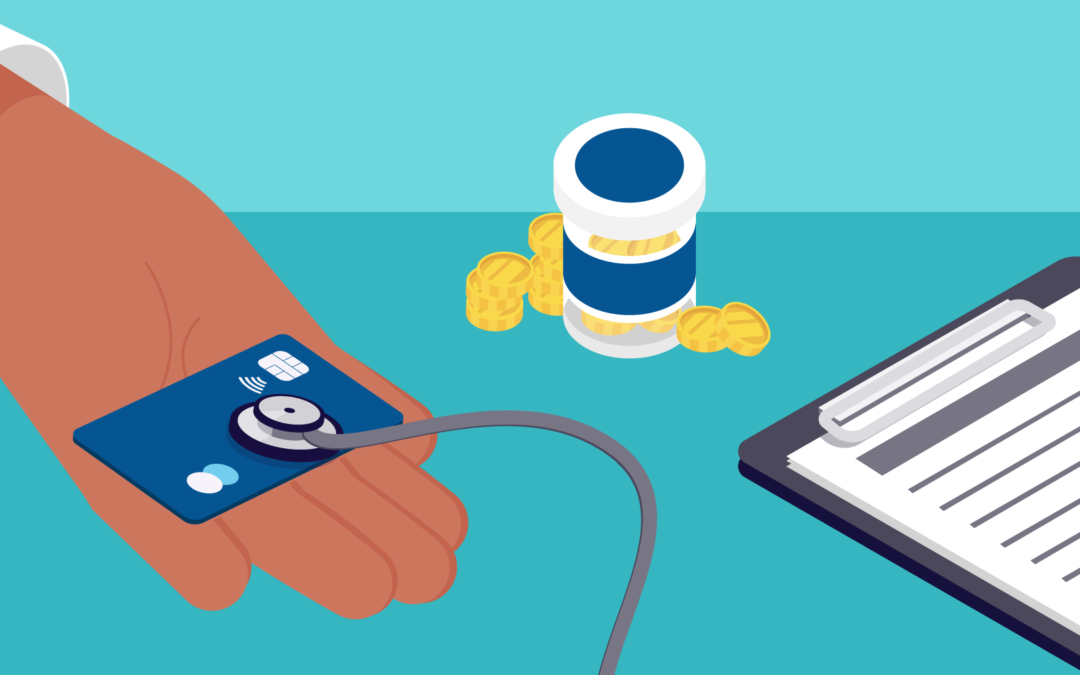As time passes, things change — whether we’re talking about your teeth, your car, or your overall health, it’s important to stop in for a checkup every now and then. Just to make sure everything’s ticking along as it should.
Your budget is no different. Making time to have regular budget checkups can help you stay on track. It also gives you a chance to modify your budget, depending on how your needs have changed. We all know the future can be uncertain, so a budget you created in January might need some tweaking by May.
Of course, if you haven’t set up a budget for yourself for 2021, there’s no time like the present to get started. For help setting up a budget, check out our Budgeting 101 Pathway or, if you’re still looking for a Budgeting technique that works for you, check out our Master Your Money pathway.
Three steps for a quick and easy budget checkup
How do you do a budget checkup? It’s as easy as making the time — and it probably won’t take much longer than ten minutes.
Once you’ve set the time aside, free from distractions, take a look at your budget and ask yourself these three questions.
1. Has your income changed?
Are you still making as much as you were making when you drew up your budget? Maybe you’re getting less shifts at work than you expected, or some other sources of income have dried up.
Or maybe you’re making more than you expected — you might’ve picked up more freelance gigs than you thought you would, or maybe you’ve found some financial assistance that you’re entitled to.
(On that note, make sure you’re not missing out! Check out our Funding Hub to make sure you’re getting everything you ought to be getting.)
Go over what you’re earning and make sure you’re on top of it: record every source of income in your budget, including how much you’re earning and how often. It’s important to know where your money is coming from, so you can make sure it goes where it needs to go.
2. Have your expenses changed?
Expenses change over time — it’s inevitable. Maybe your bills are a bit higher than you thought they’d be, or maybe you’ve come across an unexpected expense. On the other hand, maybe you’ve found a way to save money on those bills, or you’ve joined a library and are borrowing resources instead of buying.
Take a look through your budget and make sure you’ve recorded all of your expenses, including how much you need to pay and how often. Then, match up your expenses against your income. This might mean moving some things around, finding ways to save, or looking into additional sources of income, if you need to.
3. Have your goals changed?
Even when your income and expenses remain stable, that doesn’t mean your budget is working for you. A budget is all about managing your money so you can meet your goals — so what if your goals have changed?
Maybe you were saving up for a holiday that just doesn’t seem practical anymore, and you’d rather put that money towards buying a car. Or maybe your circumstances have changed — say, if you’ve met someone, you might want to start putting money aside for a regular date night.
Whatever the case, sit yourself down and go over your budget and decide what it is you want. Does your budget still match your expectations, and is it still helping you achieve the goals you want to achieve?
Whether your income, expenses, or goals have changed or not, making time for regular budget checkups can go a long way. When it comes to planning for the future you want, your budget is one of your best tools — so make sure you keep it in working order.
Want to learn more? We cover over 80 financial topics in our platform, sign up for your free account to get started.

